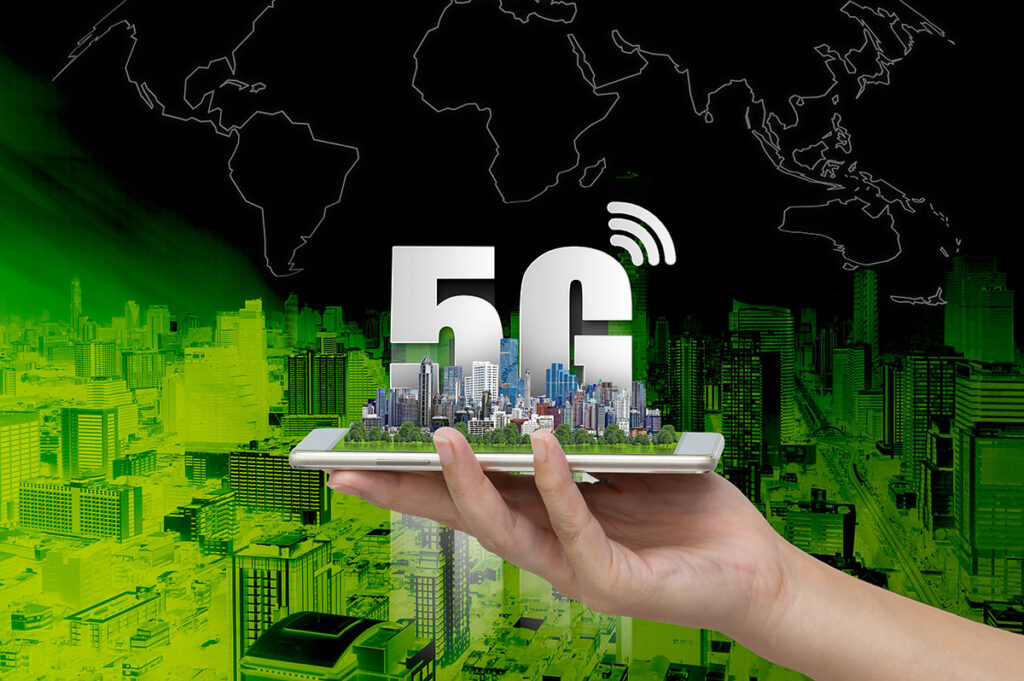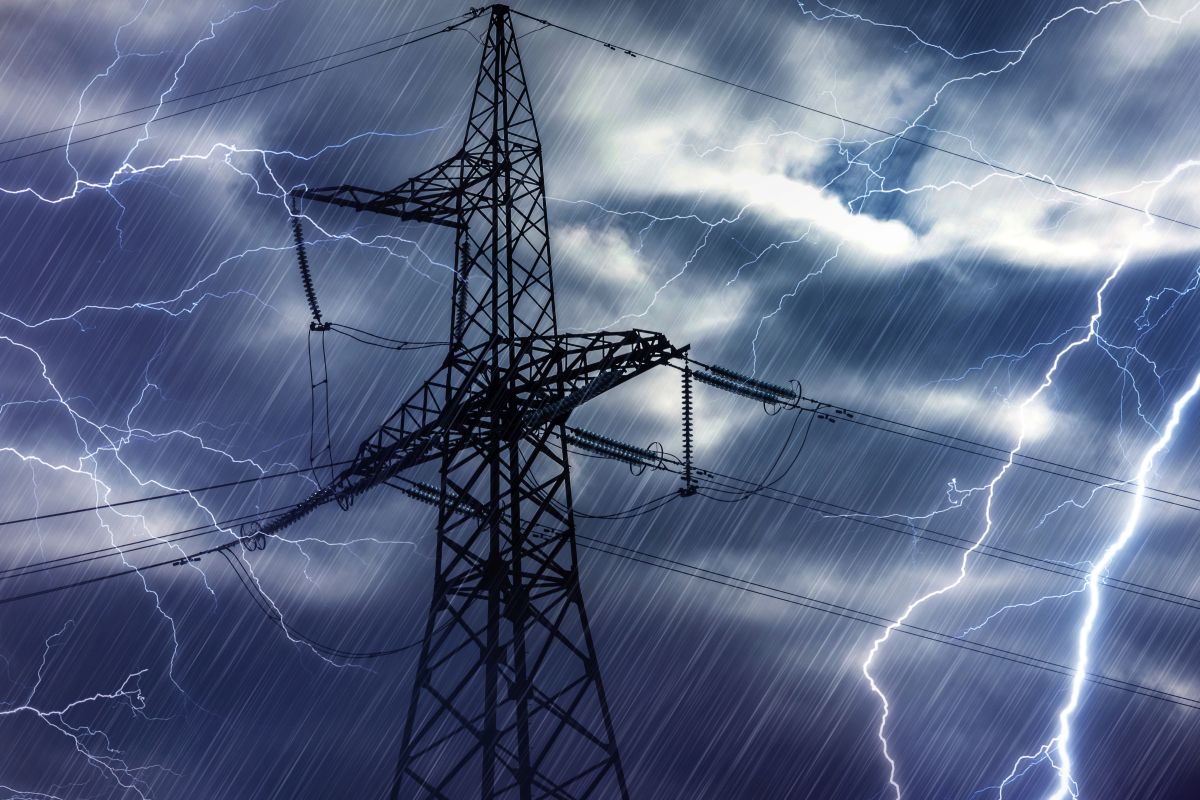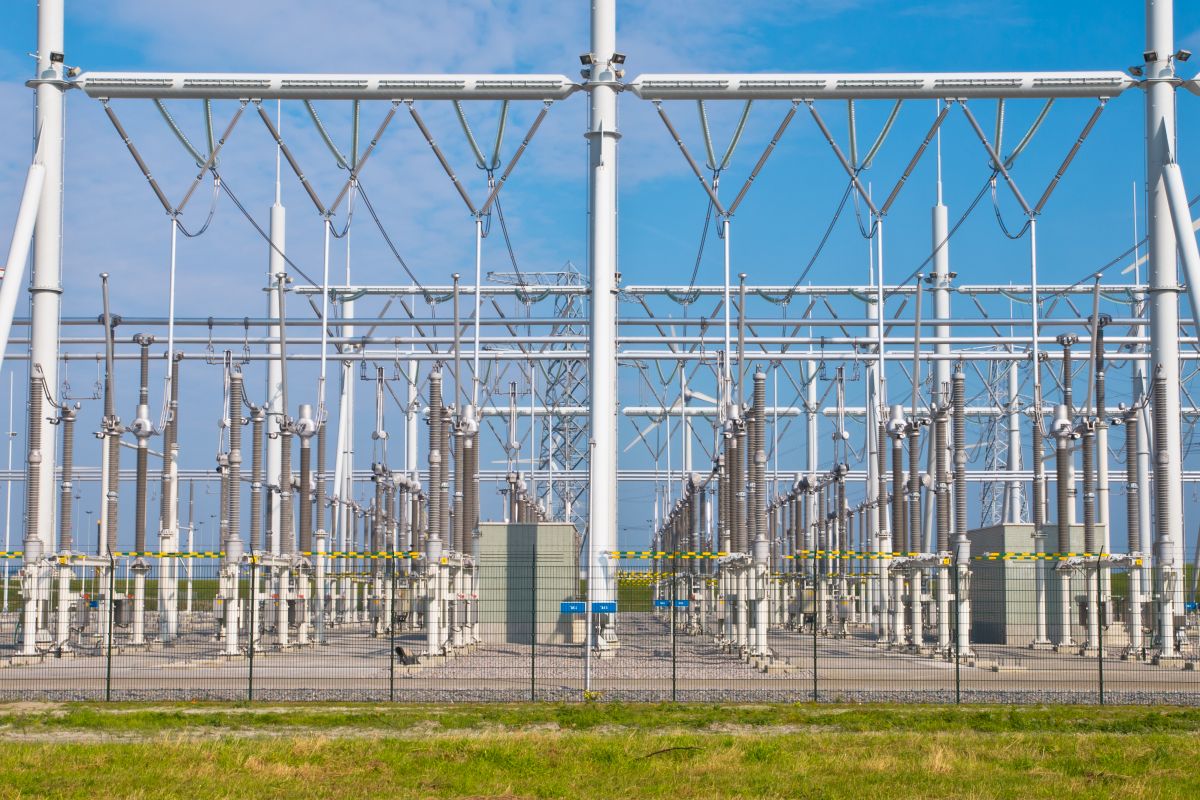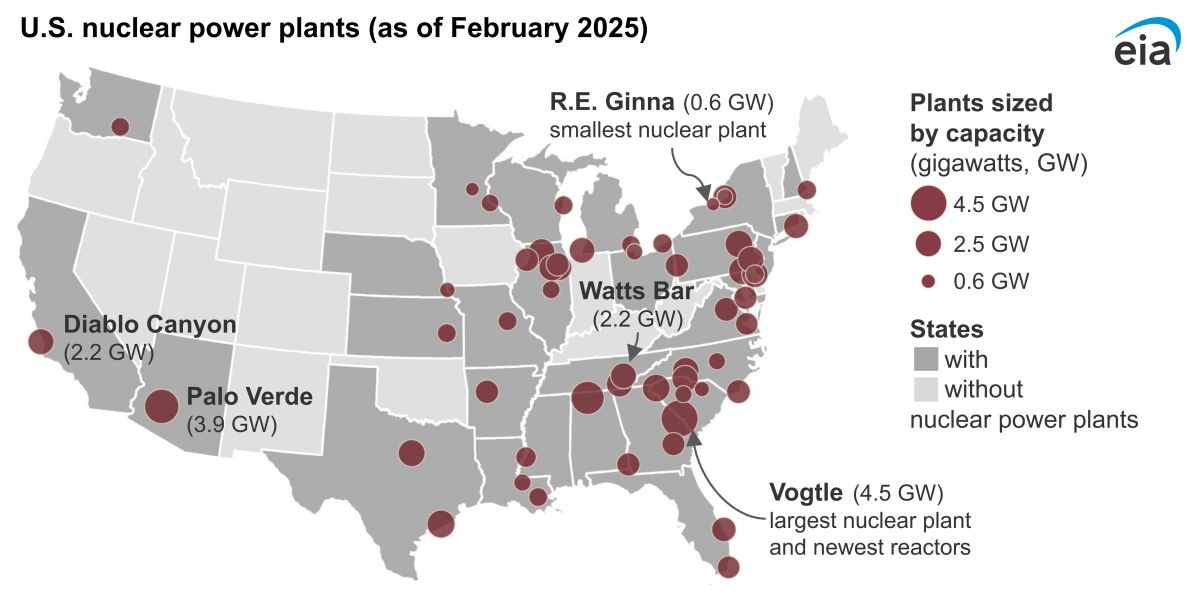The introduction of 5G is a game-changer for the energy sector, as it has enabled smarter and more sustainable management of power grids across the globe. It promises to revolutionize how we communicate and interact with the digital world. Additionally, it has immense potential to transform critical infrastructure systems, especially in the areas of energy grid management and efficiency. Societies worldwide are facing the critical challenges of climate change and sustainable development. In this context, the integration of 5G into energy systems stands out as a significant innovation. It opens new avenues for optimizing energy use, improving grid reliability, and steering us toward a greener and more efficient future.
Enhanced Grid Management through Real-Time Data
Traditional energy grids, often hindered by latency and limited connectivity, struggle to respond swiftly to dynamic changes in energy demand and supply. 5G, with its ultra-low latency and high-speed communication capabilities, which allows for the real-time collection and analysis of data from a multitude of sensors spread across the grid. This integration of 5G enhances smart grid technology, enabling a more responsive and adaptive energy network. This instantaneous data flow empowers operators to make swift, informed decisions, thereby operating the grid with increased efficiency. Such improvements facilitate matching supply with energy demand in any region, resulting in an optimized energy distribution system.
Facilitating the Integration of Renewable Energy Sources
One of the most pressing challenges of modern energy systems is integrating renewable energy sources, such as solar and wind, which are inherently intermittent and unpredictable. 5G technology can significantly mitigate this issue by providing the infrastructure necessary for advanced forecasting and real-time monitoring. With 5G, energy grids can better accommodate the variability of renewables, adjusting to fluctuations in energy production and consumption with unprecedented precision. This not only increases the share of renewables in the energy mix but also reduces reliance on fossil fuels, contributing to a reduction in greenhouse gas emissions.
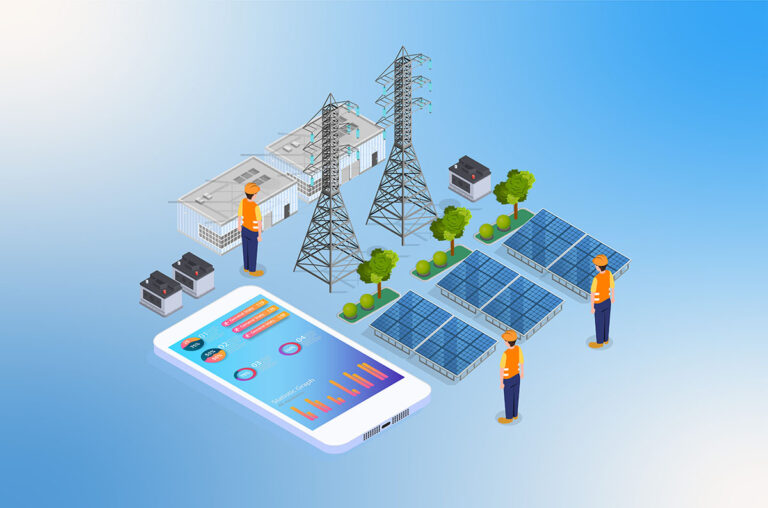
Smart Grids and Demand Response
The concept of smart grids is not new, but 5G propels its potential to new heights. Smart grids, powered by 5G, can communicate with and control connected devices in homes and businesses, such as smart thermostats and appliances, to adjust energy usage in real-time based on overall grid demand. This demand response capability is crucial for maintaining grid stability, especially during peak load times. This integration of 5G into smart grid solutions enhances their ability to manage energy more efficiently, showcasing the pivotal role of technology in modern energy management. By encouraging consumers to use energy during off-peak hours, smart grids can flatten the demand curve, reducing the need for expensive and carbon-intensive peak power plants, which makes energy efficiency and management a lot easier for grid operators.
Enhancing Grid Security and Resilience
As energy grids become more complex and interconnected, they also become more vulnerable to cyberattacks and technical failures. The security features inherent in 5G networks, including advanced encryption and network slicing, provide a robust framework for safeguarding the grid against such threats. Furthermore, the ability of 5G to support a vast number of connected devices simultaneously enhances remote management capabilities, allowing grid operators to monitor and control the grid from distant locations. This means that operators can deploy more sensors and control units across the grid, enhancing its resilience to physical and cyber disruptions.
Conclusion
The advent of 5G technology heralds a transformative era for the energy sector, offering unprecedented opportunities for smarter grid management and the integration of renewable resources. By enabling real-time data analysis, facilitating seamless renewable integration, and enhancing grid security, 5G paves the way for a more sustainable, efficient, and resilient energy infrastructure. As we navigate the challenges of climate change, 5G emerges as a key innovator, driving the energy sector towards a greener, more connected future.
Disclaimer: Any opinions expressed in this blog do not necessarily reflect the opinions of Certrec. This content is meant for informational purposes only.


